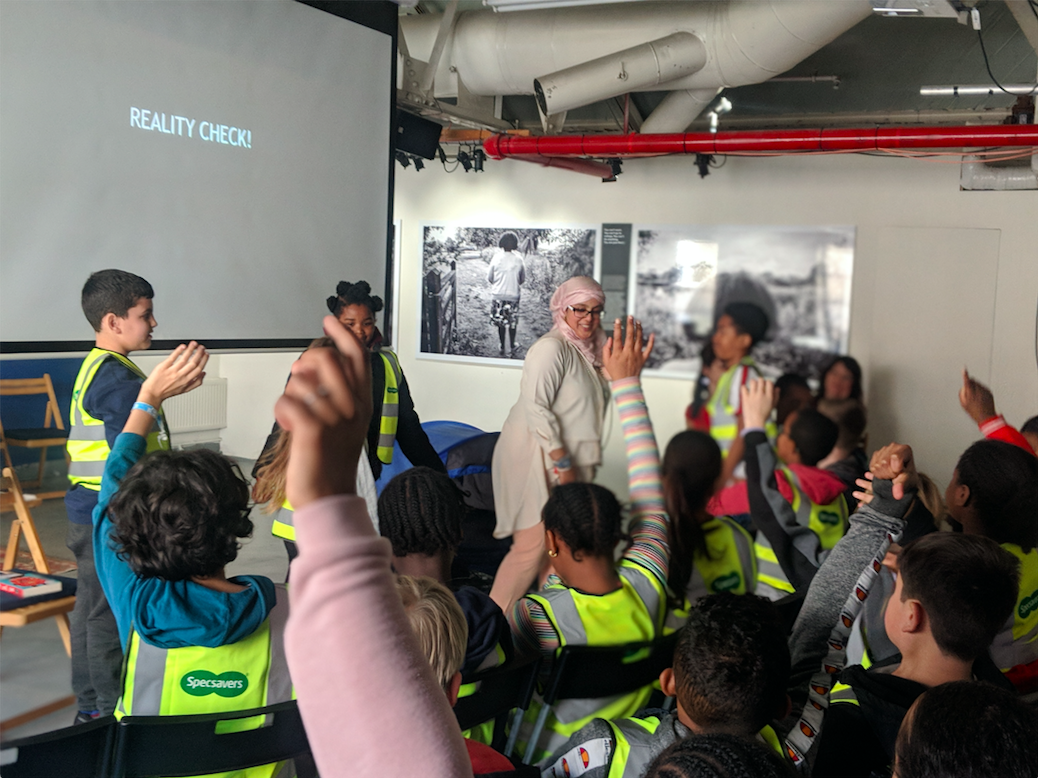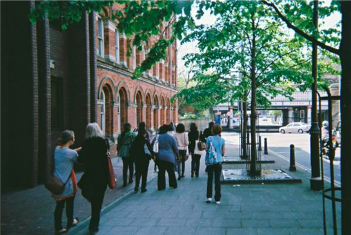
The Migration Museum presents exhibitions and events which explore themes of integration, migration, and the identities of the people who migrate from and to Britain. The range of their methods and activities vary greatly, from multi-disciplinary storytelling approaches, to the use of visual medias, such as film, photography, and performing arts, to more alternative ways of engaging with the public, such as their annual Imprints fundraising walks across London, in which the walkers can explore the migration history of the city. The Migration Museum has staged several successful exhibitions, such as: 100 Images of Migration, a collection of photographs which tell the story of migrants in the UK and what their experiences means to them; Call Me By My Name, a multimedia exhibition identifying the complexity of the migration crisis; and No Turning Back, an exploration several stories of migration which have changed the course of Britain’s history. The Migration Museum provides a vast range of educational programs as well, including workshops, teaching resources and partnerships. Their educational materials are based on the themes explored in exhibitions. All materials are downloadable and are provided across the UK to primary, secondary and university students. The Migration Museum aims to bring studies of migration to the school curriculum and to expand their audiences beyond BAME communities, migrants and refugees, reaching those of a lower socio-economic background and those with a less positive attitude towards migration.

